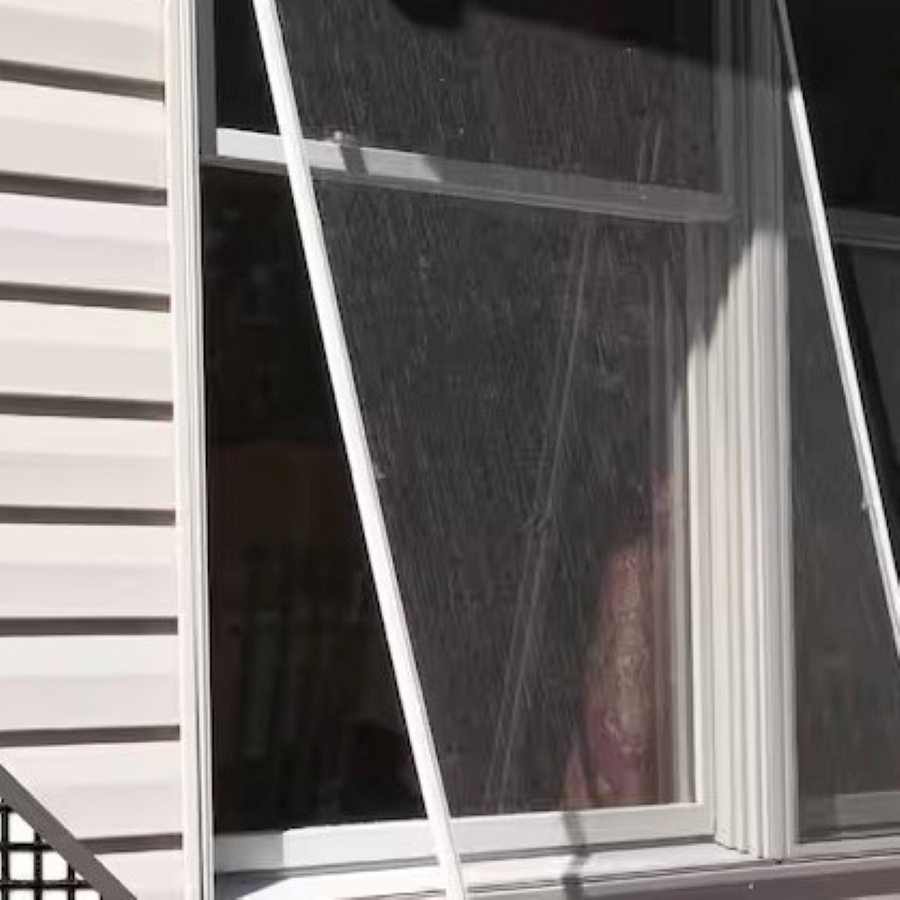It might be spider season, but these 4 "gentle" deterrents will keep them out of your bedroom through fall
Expert tips on how to discourage spiders from entering your bedroom so you can sleep, undisturbed by arachnophobia


Summer coming to a close means one thing, spider season is upon us. We welcome the sights of rich pumpkin scents and cozy nights by the fire, but this also means the return of these eight-legged friends into your home as they try to shelter and find mates.
We said friends for a reason. Spiders are incredibly helpful to humans and a vital part of the ecosystem, and therefore we don't advocate harming them in any way. On the other hand, we also recognize that finding spiders in your bed is less than ideal. Encouraging spiders to stay away from certain areas is the best solution.
Pest control experts reveal their top tips for keeping spiders safe and out of your bed during their busy season.
1. Essential oils
Natural repellents are a great way to deter spiders without causing them any harm. Scent can be utilized to keep many pests at bay, there are even specific plants to deter wasps. Many animals, insects specifically are sensitive to smell. Spiders are no different.
'Using essential oils that spiders find unappealing can help such as peppermint, citrus, or eucalyptus oil,' says insect specialist and founder of bed bug pest control company MBBS, Allan Bossel.
To use these scents effectively you can make your own natural repellent to sprtiz around your room. 'Crafting a natural repellent spray involves blending a few drops of these essential oils, with water and a little dish soap, then spritzing the mixture around your sleeping area,' he says.
Not only will this keep the spiders away it will contribute to your scent-layering and make your bedroom smell lovely!
2. Night light
'If you're looking to keep spiders at bay without harming them, you might
want to consider turning on the night light,' says pest control expert Bill Swank.
Whilst spiders are not afraid of the light it can make the area unappealing for them. 'Research has shown that artificial night light can reduce prey interception for spiders. Less prey means less interest from our eight-legged friends,' he explains.
To stop spiders before they enter the home you may wish to install yellow-toned outdoor lighting which attracts fewer insects that spiders feed on. This way you can reduce the spider population in the immediate vicinity of your home as well.
By combining these methods, you can create an environment that is less
inviting to spiders without resorting to harmful methods that have a negative impact on the ecosystem. Remember that spiders play a beneficial role in controlling other insect populations, so maintaining a balance is important.
3. Seal gaps
After following the necessary steps you may be perturbed to see a spider crawling through your relaxing minimalist bedroom, confused as to how they have still managed to gain entry after all your attempts to discourage them. It might be that there is a blind spot in your work.
'If you're noticing a lot of spiders, it might be worth checking for gaps in windows or doors,' says Doctor of Veterinary Medicine, Dr. Sabrina Kong. 'These can be easy entry points for our arachnid friends. Sealing these gaps keeps spiders out and can help with insulation as winter approaches.'
This is particularly important as we approach colder weather. Unsealed gaps can give out heat from your home that attracts spiders, like many insects they favour a warm environment.
'Spiders can wander into your room via tiny gaps, so obstructing these entryways can deter their entry,' says pest control expert Allan. If you enjoy having open doors and windows you may wish to invest in a more permanent window treatment. 'Consider installing screens on windows and doors to prevent spiders from sneaking inside when they're open,' he suggests.
4. Clean and clear
Keeping your space clean and clear is a simple way to give spiders nowhere to hide. If nothing can get your teens to tidy their rooms, perhaps the threat of spider colonies will.
'Cleanliness is absolutely critical,' says Sabrina. 'Regularly vacuuming and dusting, especially in those hidden corners and under the bed, can help deter spiders.' Another scent that is particularly offensive to spiders is citrus. Consider using cleaning products with a fresh smell to deter them further.
By decluttering your bedroom you can dramatically reduce the chances of spiders making their home there. 'Spiders are inclined toward cluttered regions where they can take refuge, weave webs, and safely hunt prey,' says Allan. 'Thus, maintaining an organized environment can discourage them from claiming your space.' If you are overwhelmed by the thought of decluttering try the move-out method.
It is also important to remove items that will attract spiders, such as food that attracts bugs that spiders eat. 'Spiders follow prey and settle in areas where prey can be reliably found,' says Allan. Ensure this isn't your bedroom by removing the source and making your space as unappealing to the creepy crawlies as possible.
What you need
Be The First To Know
The Livingetc newsletters are your inside source for what’s shaping interiors now - and what’s next. Discover trend forecasts, smart style ideas, and curated shopping inspiration that brings design to life. Subscribe today and stay ahead of the curve.

Formerly a news writer for Livingetc, Amy completed an MA in Magazine Journalism at City, University of London, and has experience writing for Women’s lifestyle publications across arts, culture, and beauty. She has a particular love for the minimalist aesthetic mixed with mid-century furniture, especially combining unique vintage finds with more modern pieces. Her previous work in luxury jewellery has given her a keen eye for beautiful things and clever design, that plays into her love of interiors. As a result, Amy will often be heard justifying homeware purchases as 'an investment', wise words to live by.
-
 The 'New British' Style? This Victorian London Home Embraces Its Owners' Global Background
The 'New British' Style? This Victorian London Home Embraces Its Owners' Global BackgroundWarm timber details, confident color pops, and an uninterrupted connection to the garden are the hallmarks of this relaxed yet design-forward family home
By Emma J Page
-
 Muji Living Room Ideas — 5 Ways to Harness The Calming Qualities of This Japanese Design Style
Muji Living Room Ideas — 5 Ways to Harness The Calming Qualities of This Japanese Design StyleInspired by Japanese "zen" principles, Muji living rooms are all about cultivating a calming, tranquil space that nourishes the soul
By Lilith Hudson


